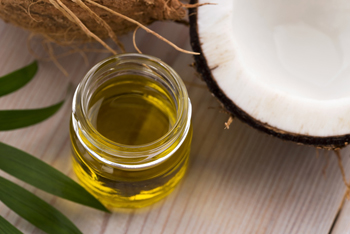 One of my biggest challenges as a Nutritional Therapy Practitioner is dispelling the “fat makes you fat” and “fat causes heart disease” myth to my clients. There’s also significant evidence to indicate that in most people, dietary fat does not negatively affect serum cholesterol. If cholesterol does go up as a result of the consumption of healthy dietary fat, it’s typically not just the “bad” LDL but the good HDL as well. More importantly are the triglycerides as they are almost always a marker for the over consumption of the highly inflammatory refined carbohydrates. Triglycerides and the good HDL should always be taken into account when accessing cholesterol numbers, not just LDLc, which is a calculated number.
One of my biggest challenges as a Nutritional Therapy Practitioner is dispelling the “fat makes you fat” and “fat causes heart disease” myth to my clients. There’s also significant evidence to indicate that in most people, dietary fat does not negatively affect serum cholesterol. If cholesterol does go up as a result of the consumption of healthy dietary fat, it’s typically not just the “bad” LDL but the good HDL as well. More importantly are the triglycerides as they are almost always a marker for the over consumption of the highly inflammatory refined carbohydrates. Triglycerides and the good HDL should always be taken into account when accessing cholesterol numbers, not just LDLc, which is a calculated number.
One of the quickest ways to lower triglycerides for most people is avoiding the over consumption of carbohydrates and increasing healthy fat intake such as butter, coconut oil, avocados, ghee, lard (yes, lard folks – our healthy ancestors ate tons of it), and high quality olive oils. Equally important is the avoidance of the toxic vegetable oils such as Canola oil, corn oil, cottonseed oil and safflower oil to name just a few. These oils are highly inflammatory and unstable due to the way they are manufactured and are the quickest way to send your cholesterol into a downward spiral.
The other key component of healthy fats is their satiety factor. They keep you feeling full while providing that long slow burn of energy to keep you going strong all day. We are ‘fat burning machines’ by design and have been for millions of years. We’ve simply never adapted to burning glucose for fuel. You could quite literally be on the brink of death from starvation and your body would still be generating adequate amounts of glucose. In other words, we can completely avoid it and be metabolically sound.
My fellow Nutritional Therapy Practitioner, Colleen Dunseth, wrote a very informative article on the subject of fat called The Big Fat Lie. I had asked her if I could share it with my viewers and she graciously allowed me to post it here. The link to her site is included below as well.
Mb
Provided by Colleen Dunseth, CCHT, CNT
THE BIG FAT LIE
Myth: Fat makes you fat
Fact: You need fat to burn fat
The human body NEEDS fat. Fat is one of 3 of the fuel components. Fat is imperative for:
- Healthy cholesterol levels
- Optimal liver and gallbladder function
- Healthy hormone balance
- Cell wall integrity {permeability}
- Production of anti-inflammatory prostaglandins
- Main fuel for the muscles (this includes the heart muscle)
And remember, fat is the main slow burning, long acting fuel. Thus, fats are ABSOLUTELY necessary for blood sugar regulation, and gallbladder/liver function, and therefore optimal weight control. (Optimal Health)
Caveat: There is a difference in the QUALITY of the fats available.
GOOD FATS -vs.- BAD FATS
The difference between a Good fat and a Bad fat is in the way they are processed, not in the inherent nature of their source.
Exception: canola, soy, cottonseed oils
Bad fats are extracted from their sources using high heat and/or chemical solvents. The human body needs a balance of the various components of saturated and unsaturated fats i.e.: saturated fats are necessary to digest proteins
How do we know the difference??? When reading a label (READ LABELS, you will be amazed ) look for these terms:
GOOD FATS
Cold Pressed
- Unrefined
- Expeller Pressed
- Organic
- Extra Virgin
BAD FATS
Hydrogenated
- Partially Hydrogenated
- Most forms of vegetable oil
Cold PROCESSED is a dirty trick on words
THE HUMAN BODY CANNOT (does not have the capability to) DIGEST REFINED OILS
Our choice of fats and oils is one of extreme importance. Most people, especially infants and growing children, benefit from more fat in the diet rather than less. But the fats we eat must be chosen with care.
Avoid all processed foods containing newfangled hydrogenated fats and poly unsaturated oils. Instead, use traditional vegetable oils like extra virgin olive oil and small amounts of unrefined flaxseed oil (never heat flax oil or any other omega 3 oils.)
Acquaint yourself with the merits of coconut oil for baking and with animal fats for occasional frying. Eat egg yolks and other animal fats with the proteins to which they are attached. And finally, use as much good quality butter as you like, with the happy assurance that it is a wholesome, – and indeed and essential- food for you and your whole family.
Organic butter, extra virgin olive oil, and expeller pressed flax oil in opaque containers are available in health food stores and gourmet markets. Organic coconut oil can be found in health food stores.
http://www.soundbitesdurango.com/

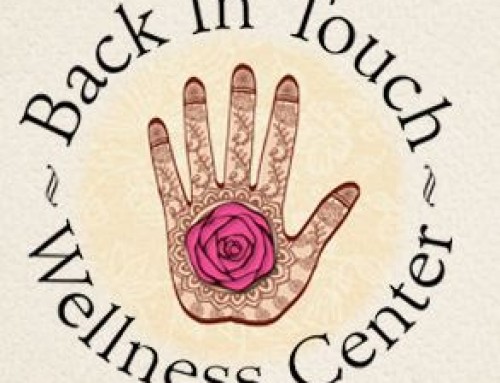
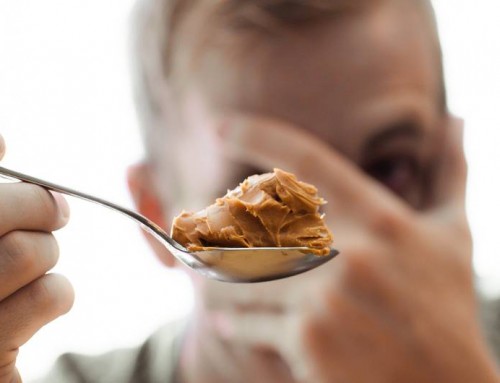
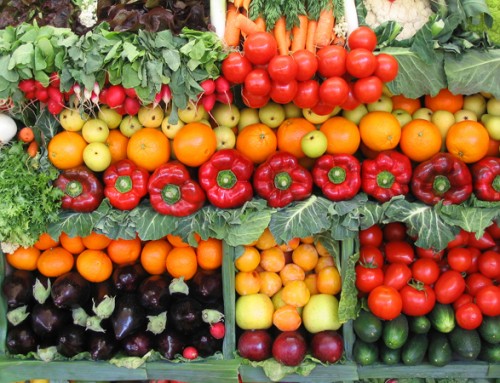

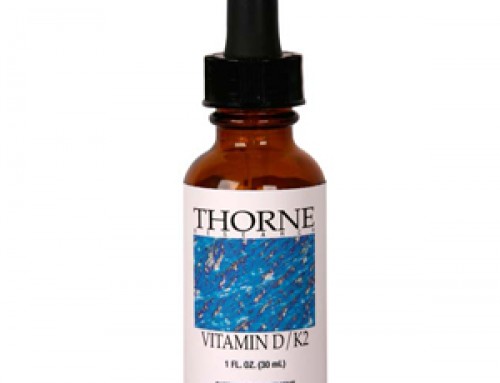





Hi, Totally agree with you on oils but have found out that I’m now salicylate sensitive and wondering what would be your recommendation; coconut oil & olive oils contain salicylate. Looking for something for salad dressings. This has thrown my diet for a real loop. Believe in Weston Price”s take on food. Now almost every fresh veg. is out for the elimination phase.
Thanks
Hi, Mary. Thanks for contributing. The list is short for oils that are relatively Salicylate free and as you mentioned, coconut and olive oil contain high levels of Salicylate. Additionally,some of the alternative oils are less than desirable due to their other undesirable toxic components. The top three being safflower, soy, (not an optimal choice) and sunflower oil.
Sunflower oil:
It has a high smoke point, is a great source of vitamin E, and most of its fat is unsaturated. The downside: In packaged foods, it’s often partially hydrogenated, which means it has unhealthy trans fats. It’s also high in omega-6 fatty acids, which have been linked with obesity, diabetes, and heart disease. Reusing the oil could result in the formation of harmful trans fats. That said, it could be an option if you were keeping it stored properly and ONLY used it for your salad dressing.
Safflower oil:
This has a high smoke point and a low saturated fat level, but it can form dangerous free radicals when exposed to heat or oxygen. Polyunsaturated safflower oils contain a lot of linoleic acid and may produce free radicals when exposed to heat. A more recent study in 2013 also found that eating omega-6 fats like those in safflower oil may lead to a higher risk of heart problems. Again, only an option for salad dressings and not cooking.
Soy oil: : (
Not an option in my opinion.
Here would be my suggestions:
Hemp seed oil: (my first choice)
Hemp seed oil is composed of 25%-35% fat, 20%-25% protein, 20%-30% carbohydrate, and 10%-15% fiber. Hemp seed oil contains all essential amino and fatty acids, and is considered as a “complete” source of nutrition. In fact, hemp oil is the richest known source of polyunsaturated fatty acids. The fat in hemp seed oil is linoleic and linolenic fatty acids, with a 3:1 ratio of omega-3 to omega-6 fatty acids, which is considered an ideal ratio. Hemp oil only contains trace amounts of salicylates.
Grape seed oil:
Buy cold pressed grape seed oil from supermarkets. Note: although low in salicylates, SOME commercial vatrieties may contain preservatives that mimic salicylate reactions, so should be avoided.
Another great option – and a very Weston A. Price friendly food, would be a brown butter vinaigrette. Butter also has negligible amounts of Salicylates. You can find the recipe here:
http://cooking.nytimes.com/recipes/8626-brown-butter-vinaigrette
I hope you’ll find this helpful, Mary, and thanks again for visiting my blog.
Michael